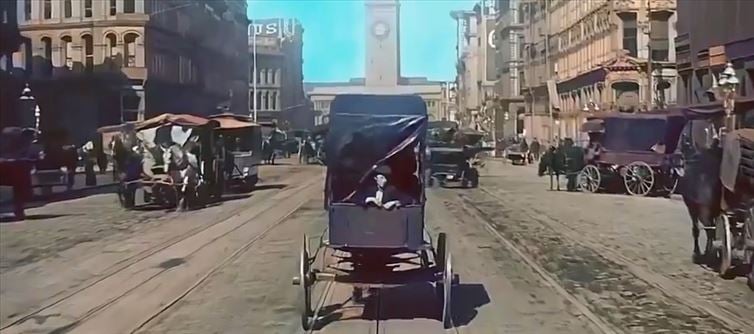
A century ago, the world looked vastly different, shaped by political upheavals, colonial empires, and cultural transformations. In the early 1920s, europe was still reeling from the aftermath of World war I. Many cities in Germany, France, and britain were scarred by the devastation of war, and the Treaty of Versailles had just been signed, redrawing borders and imposing reparations on Germany. The Austro-Hungarian and Ottoman Empires had dissolved, creating new nations like Czechoslovakia and Yugoslavia, while turkey underwent modernization under mustafa Kemal Atatürk.
In Asia, india was under british colonial rule, and the independence movement, led by figures like mahatma gandhi, was gaining momentum. china was in turmoil, with internal conflicts between warlords and rising communism under Mao Zedong. Japan, in contrast, was industrializing rapidly, setting the stage for its future imperial expansion.
In the United States, the 1920s marked a period of economic prosperity, often called the "Roaring Twenties." Cities like New York and Chicago grew, with jazz, flapper culture, and mass production defining the decade.
Africa was largely under european colonial control, with countries like egypt pushing for independence. Meanwhile, Latin American nations were dealing with political instability, though cities like Buenos Aires and Rio de Janeiro were flourishing culturally and economically. These transformations laid the groundwork for the geopolitical and social changes that followed in the 20th century.
In Asia, india was under british colonial rule, and the independence movement, led by figures like mahatma gandhi, was gaining momentum. china was in turmoil, with internal conflicts between warlords and rising communism under Mao Zedong. Japan, in contrast, was industrializing rapidly, setting the stage for its future imperial expansion.
In the United States, the 1920s marked a period of economic prosperity, often called the "Roaring Twenties." Cities like New York and Chicago grew, with jazz, flapper culture, and mass production defining the decade.
Africa was largely under european colonial control, with countries like egypt pushing for independence. Meanwhile, Latin American nations were dealing with political instability, though cities like Buenos Aires and Rio de Janeiro were flourishing culturally and economically. These transformations laid the groundwork for the geopolitical and social changes that followed in the 20th century.




 click and follow Indiaherald WhatsApp channel
click and follow Indiaherald WhatsApp channel